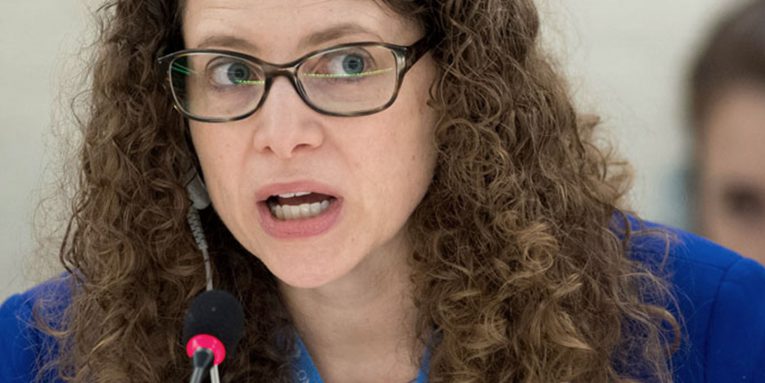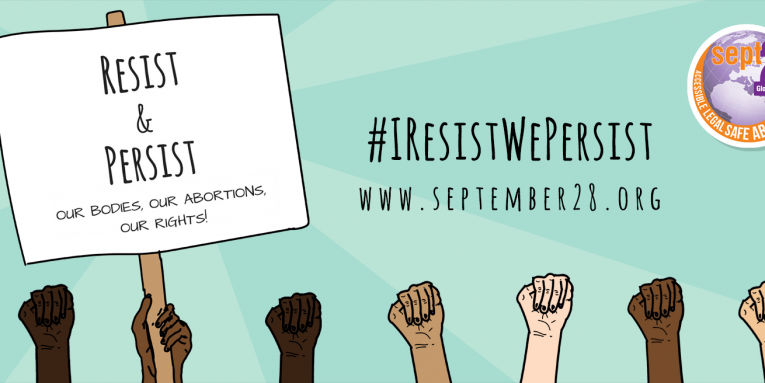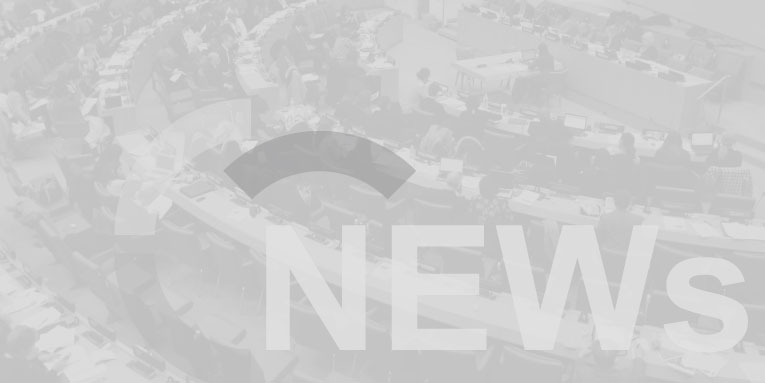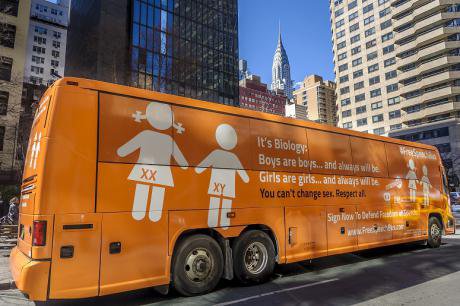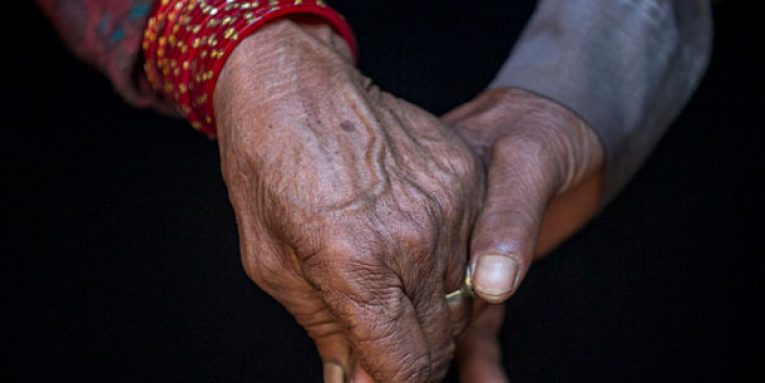The world must fight back against a growing threat to women’s rights fuelled by rising fundamentalism and extremism, a UN human rights expert has told the General Assembly in New York.
“Fundamentalism and extremism are giving rise to widespread abuses of women’s cultural rights,” said Karima Bennoune, Special Rapporteur in the field of cultural rights, presenting a report on the global challenges being faced.
“Some of the most urgent threats that women’s human rights will face in coming years will include the diverse forms of fundamentalism and extremism that are on the rise across all regions of the world.”
The Special Rapporteur asked the audience: “What world will your daughters inherit? This is a wake-up call for our times. We face a multidirectional global avalanche of misogyny, motivated by diverse fundamentalist and extremist ideologies. For the sake of all the daughters around the world, let us come together and take an unequivocal stand for women’s equal cultural rights, to reverse this worrying trend.
Ms. Bennoune said protecting women’s rights was not optional in tackling fundamentalism and extremism, which have inequality and rejection of human rights at their core and have to be met with a vigorous international human rights-based challenge.
“These ideologies seek to roll back advances achieved in securing women’s equality, aim to block further advances, and try to penalize and stigmatize women human rights defenders promoting such critical efforts. They give rise to a backlash against women’s rights and those who defend them,” she said.
“Diverse religious fundamentalists have sought to punish cultural expression incompatible with their interpretations of religion through blasphemy laws, gender discriminatory family laws, campaigns of harassment, human rights abuses and outright violence.”
“Extremists often harass and target women who are members of minority groups, or who are immigrants or are lesbian, bisexual or transgender, as they seek to enjoy their equal cultural rights. They are often motivated by myths of a homogenous nation, claims of cultural or ethnic or racial superiority or purity, and populist ultra-nationalism.”
The Special Rapporteur called for an immediate end to discriminatory practices such as banning women’s artistic expression, extremist targeting of cultural events associated with women and girls, the imposition of “modest” dress codes, and curbs on women’s equal participation in social, economic, political and cultural affairs.
“Boosting the protection and promotion of women’s human rights is not only essential to tackling extremism, but there is no way to achieve gender equality by 2030 as committed to in the UN Sustainable Development Goals without addressing the human rights impacts of fundamentalism and extremism,” she added.
The Special Rapporteur said she had particular concerns that fundamentalists and extremists were targeting education in an effort to impose their worldviews.
“The promotion and defence of non-sexist education in accordance with international standards, and of non-discrimination and full equality for women and girls in education, are among the most important measures governments can take to defeat fundamentalism and extremism and defend women’s cultural rights,” Ms. Bennoune said.
“Arts, education, science and culture are among the best ways to fight fundamentalism and extremism and support women’s rights. These are not luxuries, but are critical to creating alternatives and protecting youth from any form of radicalization.”
She also paid tribute to female human rights defenders around the world who “recognized and responded to” extremism, sometimes at the cost of their own lives, and stressed they should be central to developing strategies to combat fundamentalism and extremism. “Empowering them disempowers extremists,” she added.
The Special Rapporteur said the answer lay partially in secular politics and governance.
“The separation of religion and state is a critical piece of the struggle against fundamentalist and extremist ideologies that target women, as it creates or preserves space for women and minorities to challenge those ideologies, and to enjoy their cultural rights without discrimination,” Ms. Bennoune said.
She also stressed that women’s rights should never be used as a bargaining chip in pursuit of peace with extremist and fundamentalist groups. “Giving in to the social demands of fundamentalists and extremists, especially about women, only exacerbates the human rights situation and leads to escalating claims,” she said.
The Special Rapporteur is convening a side event, The Impact of Fundamentalism and Extremism on the Cultural Rights of Women: Time to Take a Stand, at 1700 local time on 26 October 2017, in Conference Room 11, UN Headquarters, New York. The event will also be live-streamed here.

